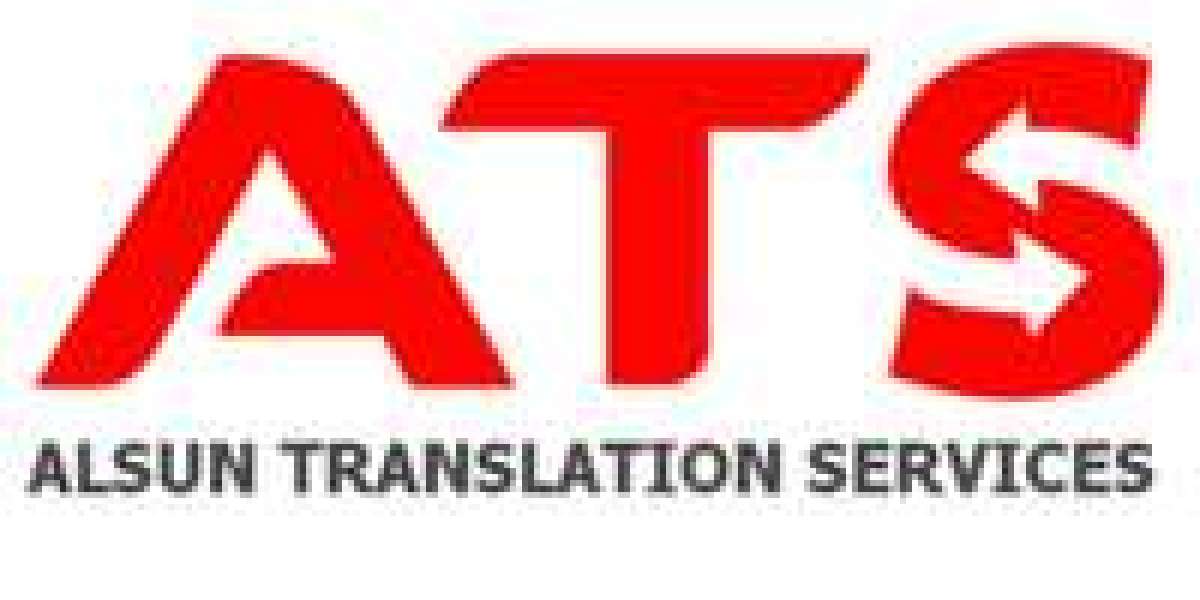I. Introduction
Welcome to the Healthcare Recruitment Guide, your go-to resource for unlocking opportunities in the dynamic field of healthcare recruitment. In today's fast-paced healthcare industry, effective recruitment is crucial for ensuring quality patient care and organizational success.
II. Understanding Healthcare Recruitment
Healthcare recruitment encompasses the process of identifying, attracting, and hiring qualified professionals to fill various roles within healthcare organizations. With the growing demand for healthcare services and the ongoing evolution of the industry, recruitment has become increasingly complex.
III. Strategies for Effective Healthcare Recruitment
Building a Strong Employer Brand
Establishing a compelling employer brand is essential for attracting top talent in healthcare. Organizations can showcase their values, culture, and commitment to employee development to differentiate themselves in a competitive market.
Leveraging Technology in Recruitment
Technology plays a vital role in modern healthcare recruitment agency , from applicant tracking systems to AI-powered screening tools. By embracing technology, recruiters can streamline processes, reach a wider pool of candidates, and enhance the overall candidate experience.
Streamlining the Hiring Process
A lengthy and cumbersome hiring process can deter qualified candidates and result in missed opportunities. Healthcare organizations should focus on streamlining their recruitment processes, minimizing administrative tasks, and providing timely feedback to candidates.
IV. Navigating Healthcare Recruitment Trends
Remote Work Opportunities
The COVID-19 pandemic has accelerated the adoption of remote work in healthcare. Telemedicine, remote patient monitoring, and virtual consultations have created new opportunities for healthcare professionals to work from anywhere, leading to a shift in recruitment strategies.
Diversity and Inclusion Initiatives
Diversity and inclusion have become central themes in healthcare recruitment. Organizations are prioritizing efforts to create inclusive workplaces that reflect the diverse communities they serve, resulting in more equitable hiring practices and improved patient outcomes.
Emerging Roles in Healthcare
Advancements in technology and changes in healthcare delivery models have led to the emergence of new roles in the industry. From data analysts to patient navigators, healthcare organizations are seeking professionals with diverse skill sets to meet evolving needs.
V. Overcoming Recruitment Hurdles
Addressing Shortages in Certain Specialties
Shortages of healthcare professionals in critical areas such as nursing, primary care, and mental health continue to pose challenges for recruiters. To address these shortages, organizations must implement targeted recruitment strategies, offer competitive compensation packages, and invest in workforce development initiatives.
Retaining Top Talent in Competitive Markets
In today's competitive job market, retaining top talent is as important as attracting it. Healthcare organizations should prioritize employee engagement, career development opportunities, and work-life balance to retain their most valuable employees.
VI. The Future of Healthcare Recruitment
Predictive Analytics and Data-Driven Recruitment
The future of healthcare recruitment lies in predictive analytics and data-driven decision-making. By leveraging data insights, recruiters can identify trends, forecast hiring needs, and optimize recruitment strategies for better outcomes.
Innovative Recruitment Methods
As technology continues to evolve, so too will recruitment methods in healthcare. Virtual job fairs, gamified assessments, and immersive experiences are just a few examples of innovative approaches that recruiters may adopt to attract and engage candidates.
VII. Conclusion
In conclusion, healthcare recruitment is a multifaceted process that requires strategic planning, adaptability, and a focus on continuous improvement. By understanding the challenges, embracing emerging trends, and implementing effective strategies, healthcare organizations can unlock opportunities and build high-performing teams for the future.
FAQs
How can healthcare organizations attract passive candidates?
- Healthcare organizations can attract passive candidates by actively promoting their employer brand, offering competitive compensation packages, and leveraging networking platforms to engage with potential candidates.
What role does social media play in healthcare recruitment?
- Social media platforms provide healthcare organizations with an opportunity to connect with a diverse pool of candidates, showcase their culture and values, and engage with potential hires through targeted advertising and networking.
How can predictive analytics improve healthcare recruitment?
- Predictive analytics can help healthcare organizations forecast future hiring needs, identify potential recruitment bottlenecks, and tailor their recruitment strategies to attract and retain top talent more effectively.
What impact does employee turnover have on patient care?
- High employee turnover can disrupt continuity of care, decrease morale among remaining staff, and increase recruitment and training costs for healthcare organizations, ultimately affecting the quality of patient care.
How can healthcare organizations measure the success of their recruitment efforts?
- Healthcare organizations can measure the success of their recruitment efforts by tracking key metrics such as time-to-fill, candidate satisfaction, retention rates, and the quality of hires.









